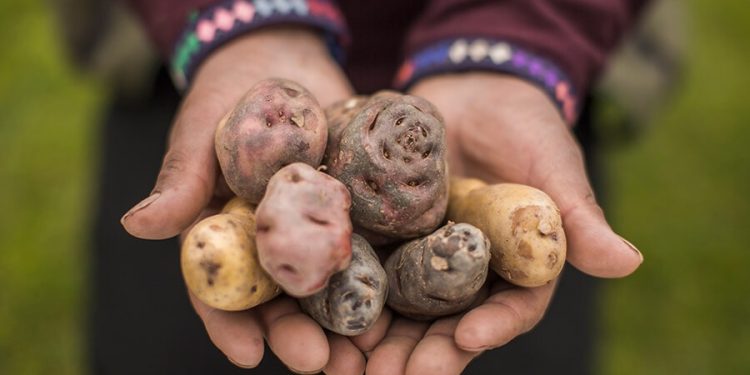#sustainablefarming#potatofarming#climatechange#LatinAmericanPotatoCongress#agriculture#precisionfarming#integratedpestmanagement#conservationagriculture#cropdiversification
The 29th Latin American Potato Congress provided a platform for experts in the potato industry to come together and discuss the current state of potato farming and the challenges that the industry is facing due to climate change. The conference highlighted the need for sustainable farming practices that can help farmers improve productivity while minimizing the impact on the environment.
According to the FAO, potato is one of the most important crops in the world, providing food for millions of people. However, the potato industry faces significant challenges due to climate change, including changes in rainfall patterns, increased temperatures, and more frequent extreme weather events. These challenges are making it increasingly difficult for farmers to produce high-quality potatoes and meet the growing demand for this crop.
To overcome these challenges, the 29th Latin American Potato Congress focused on sustainable farming practices, including crop diversification, conservation agriculture, integrated pest management, and precision farming. These practices can help farmers increase yields while reducing their environmental impact and improving soil health.
The conference also highlighted the importance of research and development in improving potato farming practices. New technologies such as remote sensing, precision agriculture, and biotechnology can help farmers optimize their crop production while minimizing the use of resources such as water, fertilizers, and pesticides.
The 29th Latin American Potato Congress emphasized the need for sustainable potato farming practices that can help farmers adapt to the challenges posed by climate change. By implementing these practices, farmers can improve their productivity, reduce their environmental impact, and ensure that they can continue to meet the growing demand for this essential crop.







